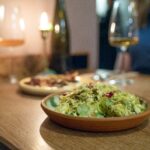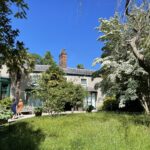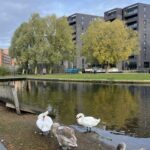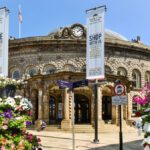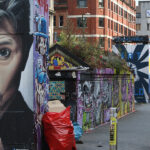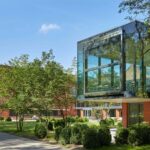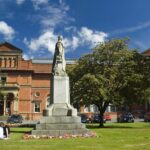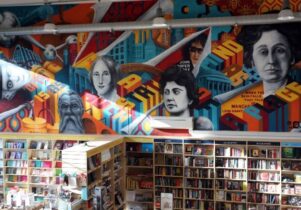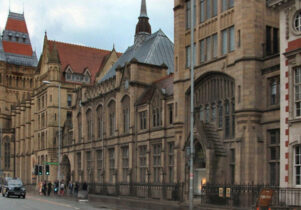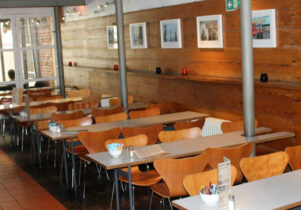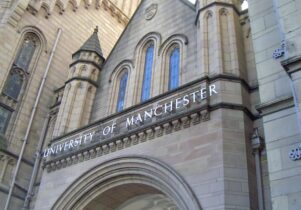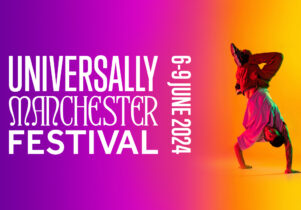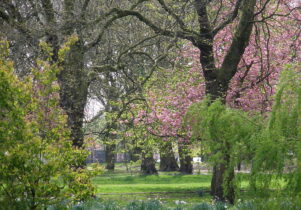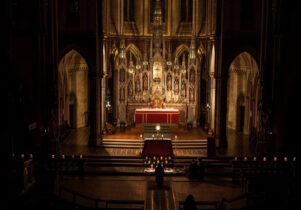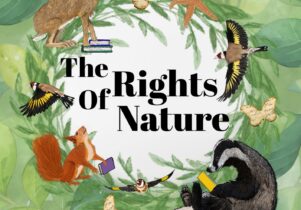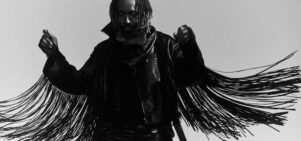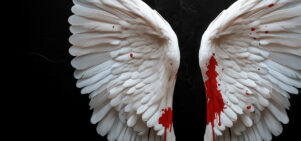Roy Macfarlane at Manchester Poetry Library
Sarah-Clare Conlon, Literature EditorVisit now
Poetry Reading Series: Roy Macfarlane in conversation with Helen Mort
Always double check opening hours with the venue before making a special visit.
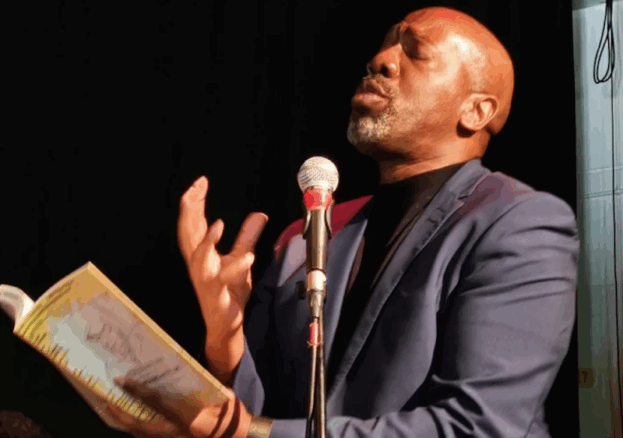
As part of the Poetry Reading Series at Manchester Poetry Library, Canal Laureate Roy Macfarlane will be in conversation with the series curator and award-winning poet Helen Mort.
Roy McFarlane is a poet and playwright, and in 2022, he was appointed National Canal Laureate. A former Birmingham Poet Laureate and Starbucks Poet in Residence, he also co-edited Celebrate Wha? Ten Black British Poets from the Midlands (Smokestack). His collections are published by Nine Arches Press: Beginning with Your Last Breath, The Healing Next Time (shortlisted for the Ted Hughes Award and longlisted for the Jhalak prize) and Living by Troubled Water. He has previously worked as a youth and community worker. He will be reading from his work and discussing his practice with Helen Mort.
Professor Helen Mort lives in Sheffield and joined the Department of English and Manchester Writing School as Lecturer in Creative Writing in September 2016. She has published three poetry collections, the Forward Prize-shortlisted The Illustrated Woman (2022), No Map Could Show Them (2016) and Division Street (2013) – winner of the Fenton Aldeburgh Prize, shortlisted for the Costa Prize and TS Eliot Prize – and the novel Black Car Burning (2019), all with Chatto and Windus. Her memoir A Line Above The Sky was published in 2022 and shortlisted for the Boardman Tasker Prize for Mountain Literature.
As well as Roy MacFarlane (and, earlier, Glyn Maxwell) the Poetry Reading Series, curated by Helen Mort and funded by the Manchester Poetry Research Group, will feature readings by Isabel Galleymore (19 June) and offers the opportunity for audience members to ask questions.
Professor Mort said: ‘I’m interested in how contemporary poets engage with the more-than-human in their work, from Isabel Galleymore’s examination of “cuteness” in an era of hyper-capitalism, to Glyn Maxwell’s new poems on endangered species, to Roy Macfarlane’s experiences as canal poet laureate. How do we give voice to species and place in poetry? What are the challenges of doing so? And can poetry protect and preserve?’









